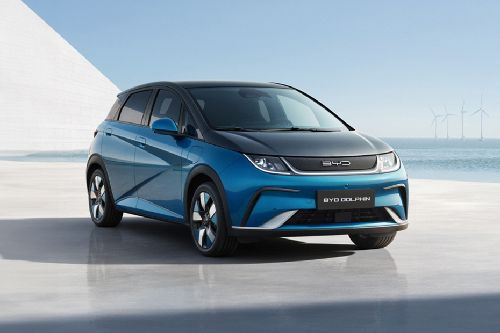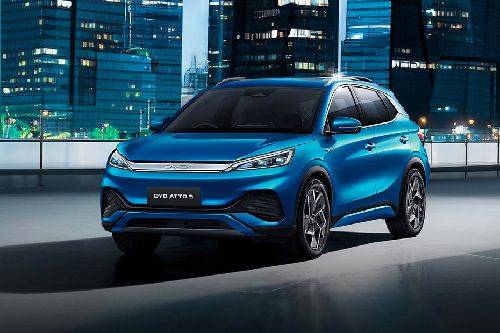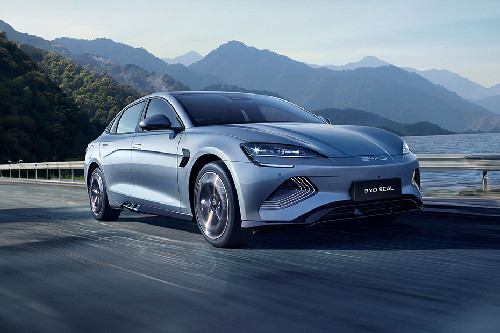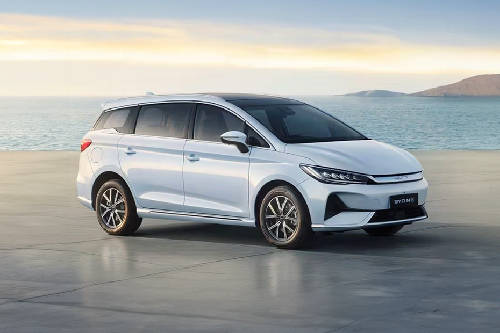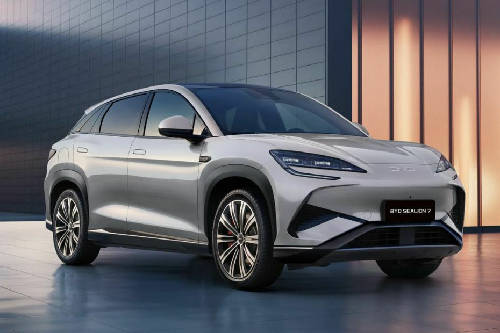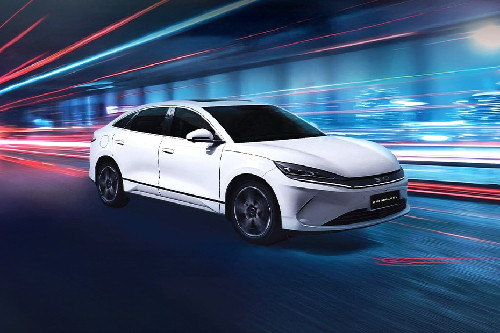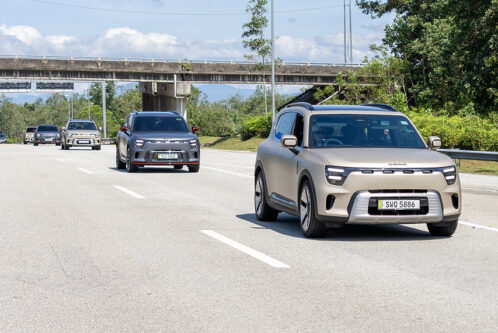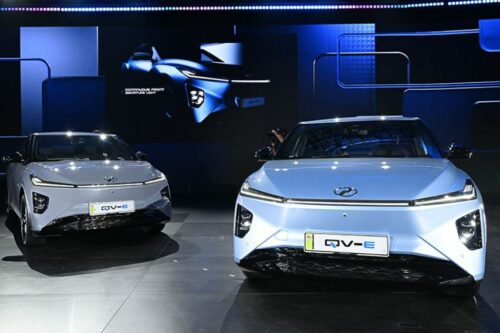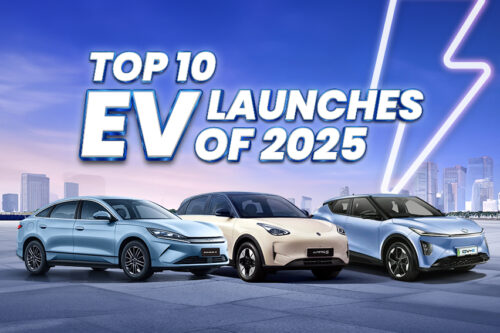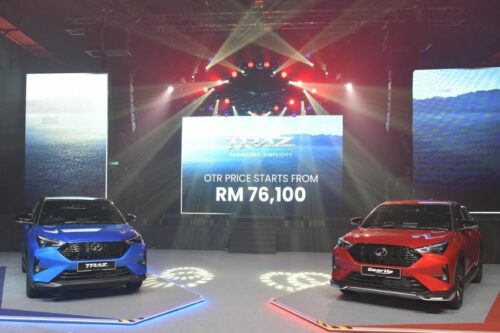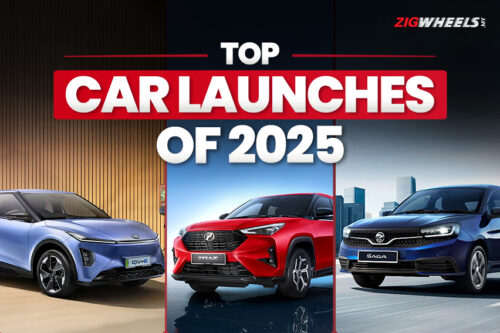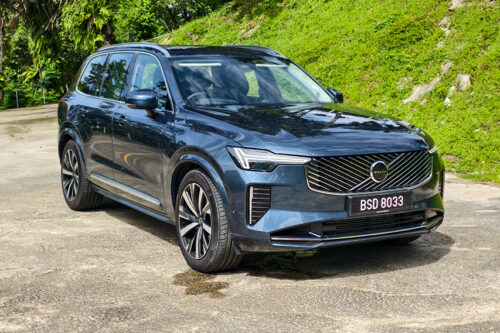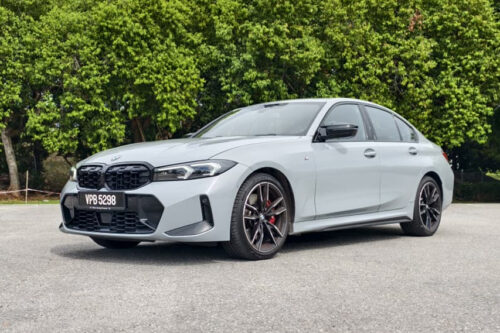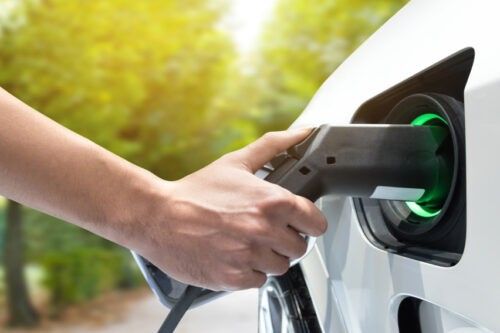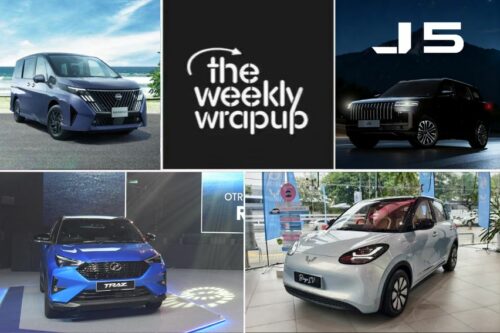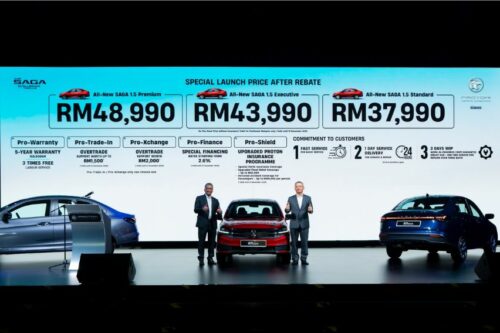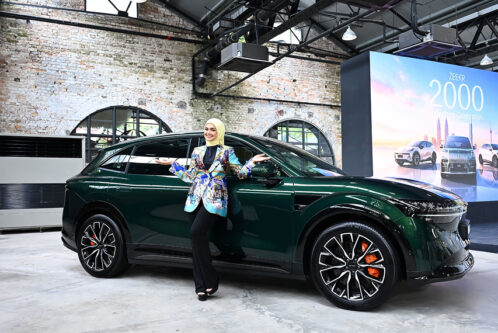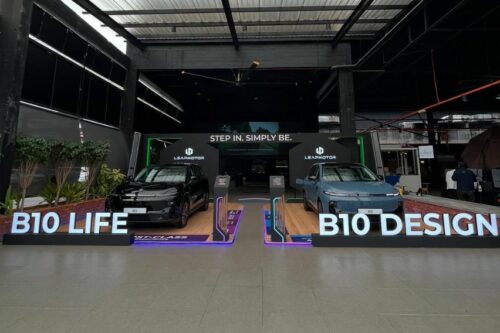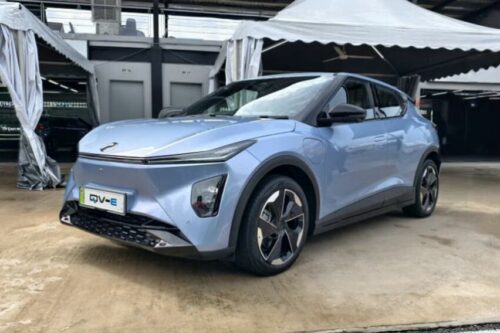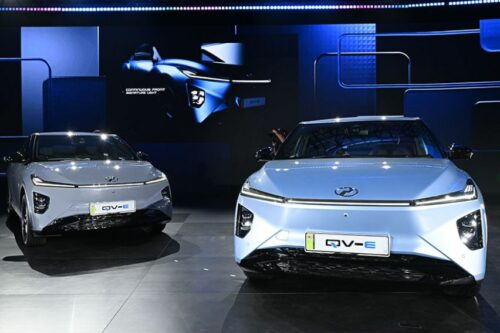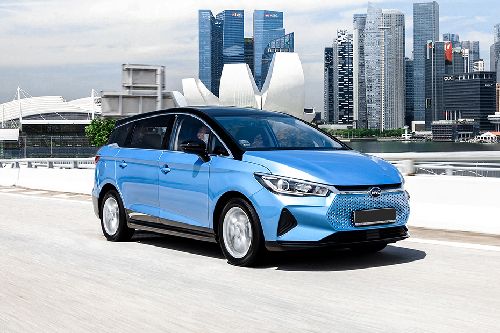Rowan Atkinson a.k.a Mr Bean blamed for slow EV sales

In an entertaining twist straight out of a British comedy, the iconic car buff and thespian Rowan Atkinson, best known for his roles as the bumbling Mr. Bean and the cunning Blackadder, finds himself in the spotlight for a rather unexpected reason.
KEY TAKEAWAYS
How's Malaysia's EV sales doing?
Electric vehicle (EV) sales in Malaysia have gone up. The country has witnessed a significant surge in its electric vehicle market, with over 9,000 battery electric vehicles (BEVs) registered.When will the EV subsidies end in Malaysia?
The subsidies for electric vehicles (EVs) include full import and excise duty exemptions as well as a sales and service tax (SST) waiver for locally assembled (CKD) EVs, are in place until the end of 2025.
Reports from the Daily Mail have humorously implicated him in the recent dip in electric vehicle (EV) sales, following his candid critique labeling EVs as somewhat "soulless" in an op-ed he authored last June.
The tale took a turn when evidence presented to the august House of Lords suggested that Atkinson's outspoken views had cast a shadow over the public's perception of electric cars.
This development unfolds against the backdrop of the UK's ambitious drive towards a greener future, spearheaded by Prime Minister Rishi Sunak's net zero strategy, which aims to phase out new petrol and diesel cars by 2035.
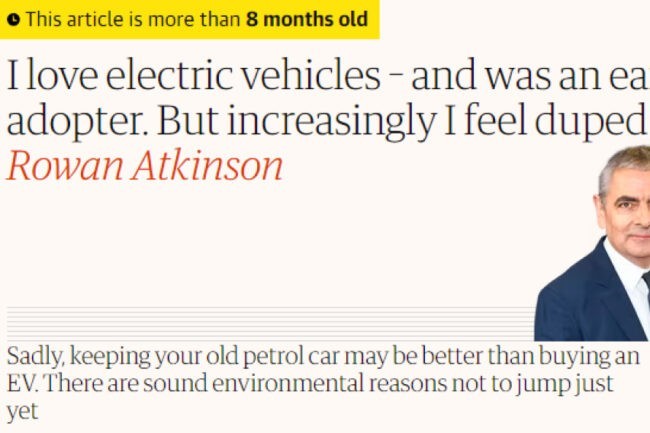
Adding fuel to the fire, the Green Alliance pressure group pointed fingers at Atkinson's Guardian article as a significant factor in swaying public opinion against EVs, labeling it as one of the most "damaging" pieces of commentary on the subject.
Despite his fame and background in electrical engineering, Atkinson's musings on EVs have sparked controversy. He praised electric cars for their engineering marvels but expressed doubts about their emotional appeal and the sustainability of the electric car honeymoon period.
Critics, including EV advocates and environmentalists, have rebuked Atkinson, accusing him of misrepresenting the current state of EV technology and overlooking their environmental benefits.
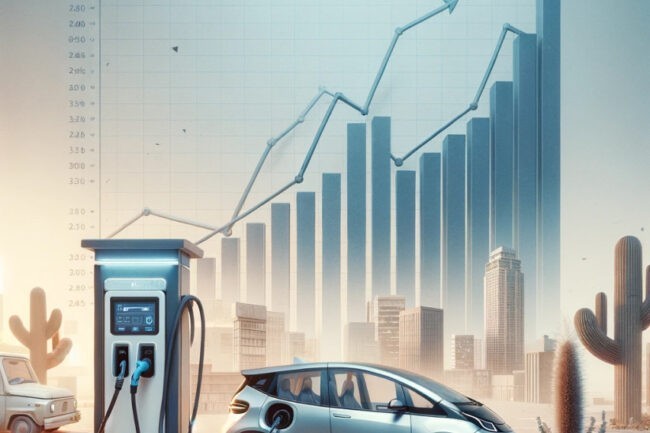
The debate rages on, with concerns over high costs, charging infrastructure, and mixed messages from the government contributing to consumer hesitation. Meanwhile, the UK's commitment to reducing CO2 emissions places passenger cars in the crosshairs as significant contributors to the country's carbon footprint.
As the narrative unfolds, it's clear that the journey towards electric mobility is encountering bumps along the road, not least of which is the challenge of changing hearts and minds in the face of celebrity opinion and the complexities of environmental policy.
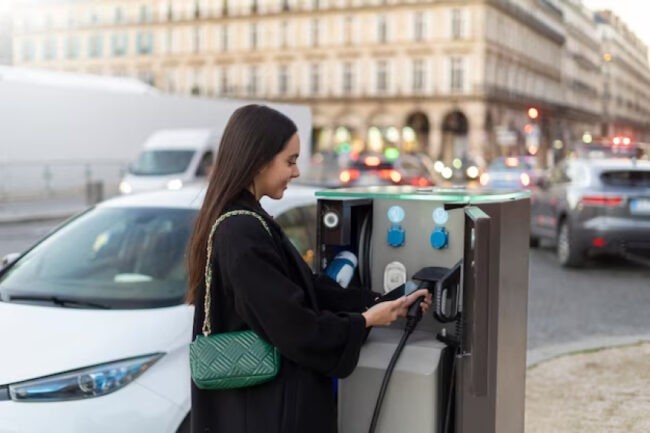
In Europe, electric vehicle (EV) sales have shown signs of slowing down. According to reports, German EV sales, including plug-in hybrid models, fell by 16% last year and are forecast to drop another 9% in 2024, with a specific 14% decline expected for pure battery EVs.
Additionally, after a significant uptick in EV registrations in December 2023, January 2024 witnessed the lowest number of EV registrations since May 2021, indicating a market adjustment post the cessation of rebates.
Globally, the electric vehicle (EV) market is experiencing a slowdown in growth due to a reduction in state subsidies, making the cars less appealing to buyers. The growth in the global EV market is set to slow to 27.1% this year, compared to previous years' more robust growth rates.

In Malaysia however, electric vehicle (EV) sales have gone up. The country has witnessed a significant surge in its electric vehicle market, with over 9,000 battery electric vehicles (BEVs) registered. This growth is part of a broader trend in Malaysia's total vehicle sales, which saw an 11.6 percent increase during the first ten months of 2023.
Additionally, EV owners are exempt from road tax, a policy that is currently set to continue until 31 December 2025. These incentives are part of Malaysia's efforts to accelerate the adoption of electric vehicles as the country moves towards greener transportation solutions.
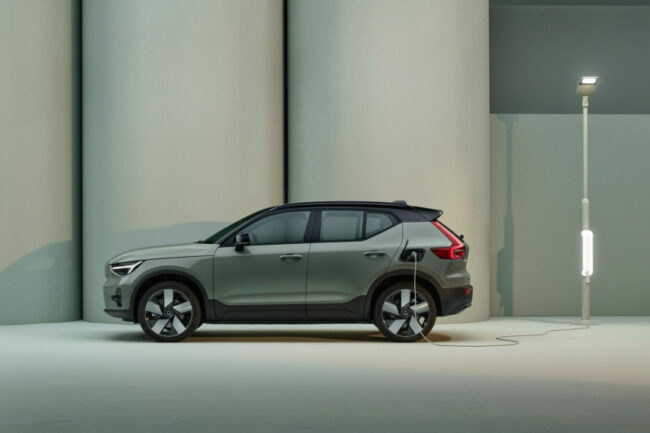
The looming question on many minds is what happens to Malaysia's electric vehicle (EV) market momentum once the generous government subsidies come to an end after 2025? Observing trends in other regions where subsidies were introduced and subsequently phased out earlier, it's plausible to speculate whether Malaysia might see a similar deceleration in EV sales.
Could the end of these financial incentives mark a turning point in Malaysia's EV adoption journey, mirroring the slowdown experienced in other parts of the globe?
These figures suggest a noticeable slowdown in the EV market as it navigates through various challenges and adjustments.
Also Read: Chery Omoda E5 vs. BYD Atto 3: Malaysia's next top EV showdown
BYD Car Models
Malaysia Autoshow
Trending & Fresh Updates
- Latest
- Popular
You might also be interested in
- News
- Featured Stories
BYD Featured Cars
- Latest
- Upcoming
- Popular
Latest BYD Car Videos on Zigwheels


